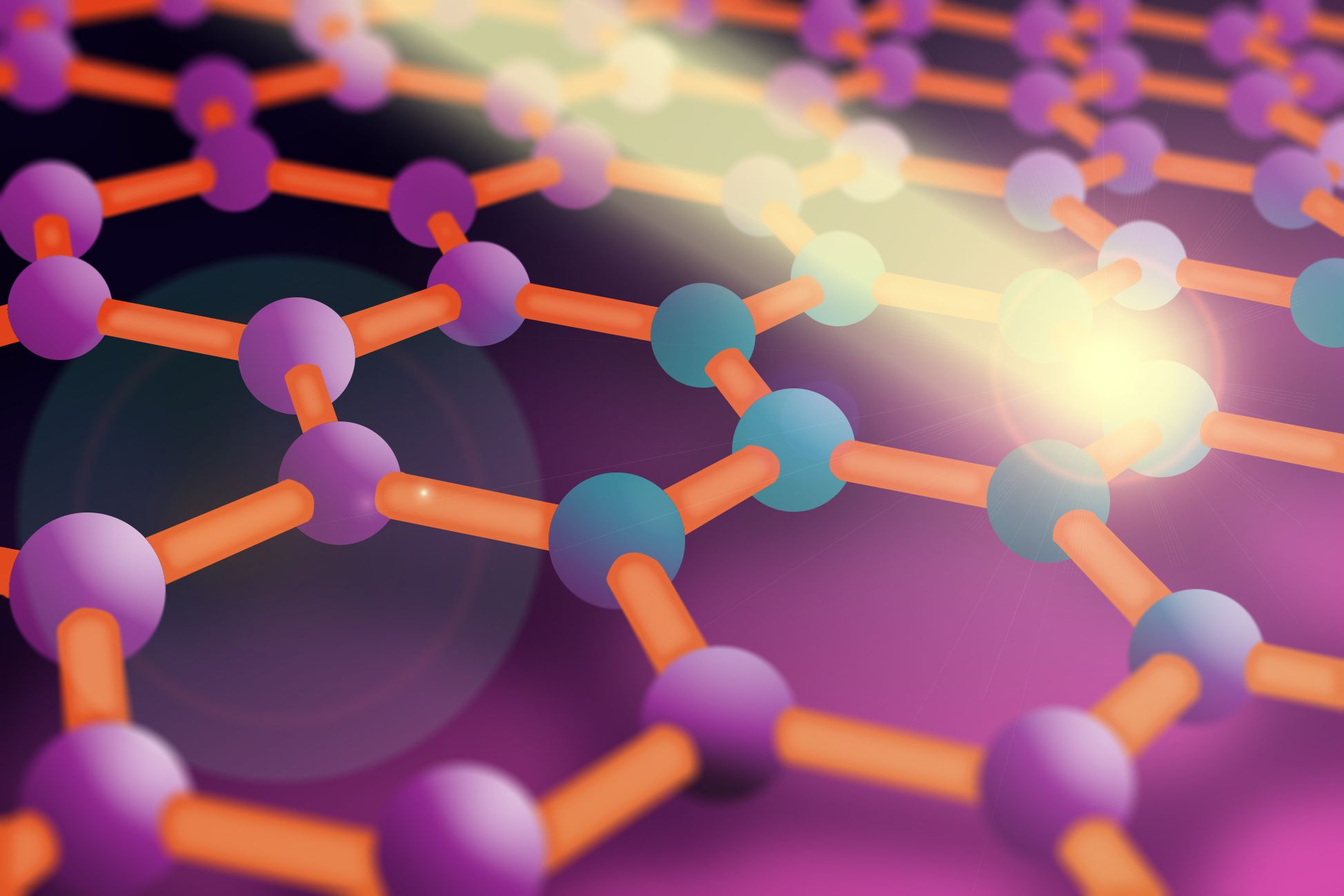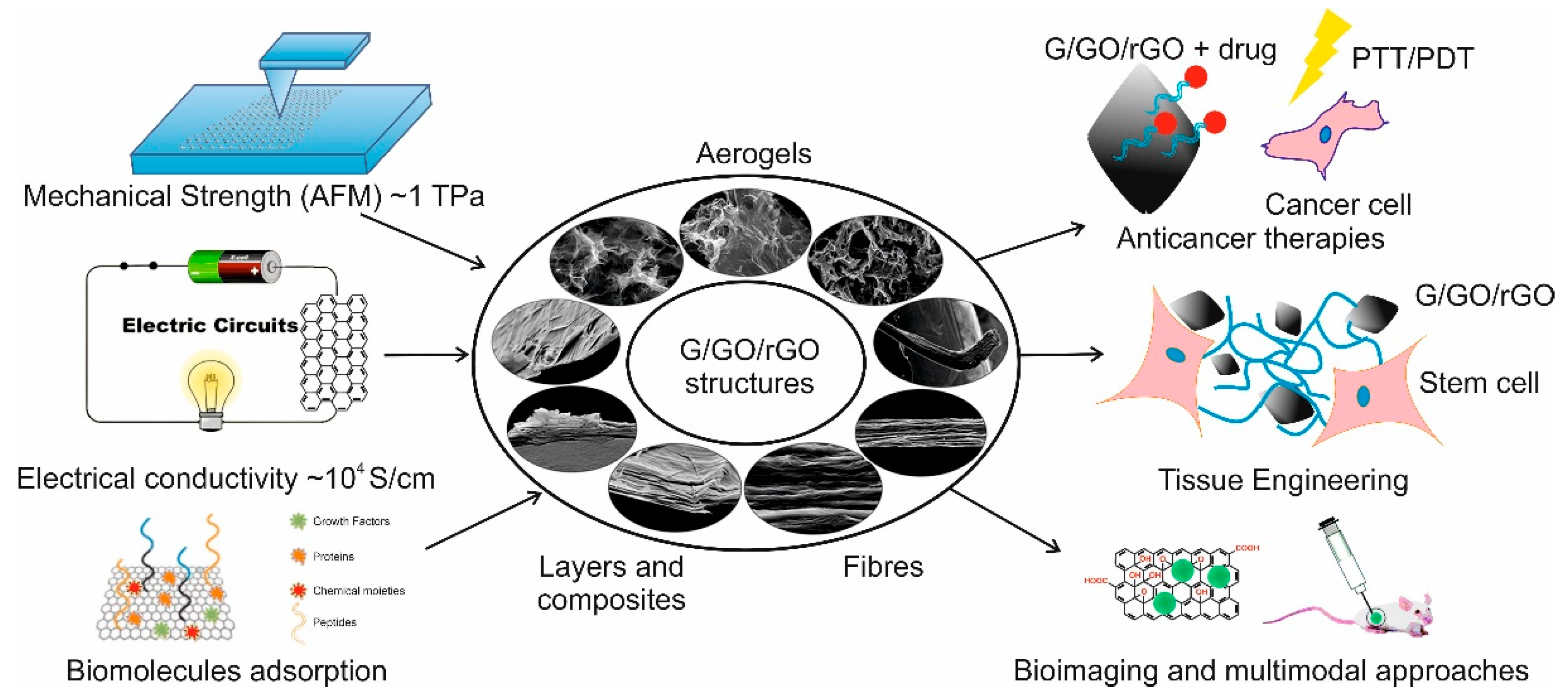Advantages of Using Graphene as an Additive
Graphene, a two-dimensional carbon allotrope consisting of a single layer of carbon atoms arranged in a hexagonal lattice, offers several distinct advantages over other additives due to its unique structure and properties.

1. Superior Electrical Conductivity: Graphene's exceptional electrical conductivity sets it apart from many other additives.

2. Excellent Thermal Conductivity: Graphene's remarkable thermal conductivity is another key advantage.

3. Unrivaled Mechanical Strength and Flexibility: Graphene is known for its extraordinary mechanical strength and flexibility.
4. Enhanced Surface Area: The high surface area of graphene is a distinctive feature that allows it to interact effectively with other materials.

5. Biocompatibility and Biomedical Applications: In addition to its electrical, thermal, and mechanical properties, graphene exhibits biocompatibility, making it suitable for use in biomedical applications.
As research and development in graphene continue to evolve, it is clear that this remarkable material will continue to shape the future of various industries.